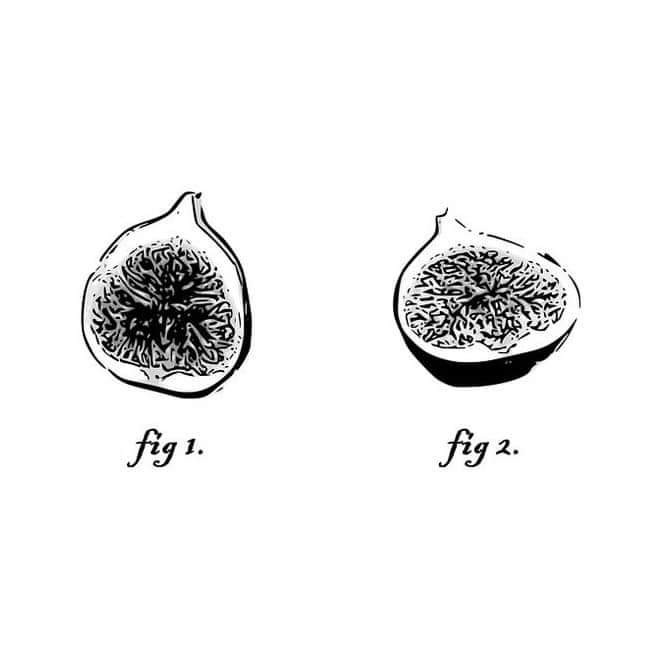Posts
34Following
15Followers
3Jenniferplusplus
jenniferplusplus@hachyderm.ioThe toot length version goes like this
🌸 Open source is a public, common resource. Anyone can contribute, and everyone benefits
🌸 That makes it a "commons", or perhaps many commons
🌸 Commons need long term organized care to sustain them. That's called governance
🌸 The governance of the open source commons has been neglected for a long time, and that burden falls on maintainers
🌸 What if we didn't do that?
mhoye
mhoye@mastodon.socialThe tragicomedy of corporate dependence on free labor continues:
Here, we see $3.1T-market-cap Microsoft, who've built a dependency on ffmpeg into Teams, trying to convince an all-volunteer community to treat their bug as high priority.
https://twitter.com/FFmpeg/status/1775178803129602500
Will they pay for a support contract or anything? No, of course not. Instead, they'll try the advice of some rando calling themselves "Elon Musk".
https://twitter.com/FFmpeg/status/1775178805704888726
(Err: originally read $400B, not $3.1T; thanks @danielnazer)
Jonathan Corbet
corbetI recently read WOHPE by Salvatore Sanfilippo. The story, which deals with fears of the AI apocalypse, was a fun read, and it was clear that the author actually had a clue about how systems like language models actually work. I definitely enjoyed it.
Meanwhile, I'm a kernel person, relatively ignorant of areas like databases. So as I was reviewing an upcoming article by another LWN author about the Redis mess, I learned a lot. One thing I picked up was that one of the creators of Redis was ... a certain Salvatore Sanfilippo (aka @antirez) Some searching establishes that it's indeed the same person; no wonder the book was as clueful as it was.
Small world...and people say hackers can't write :)
Jiri Kastner
indylegend says that goliath will get peeble to the forehead and will be truly grounded :)
Jiri Kastner
indy@lkundrak
oh, this took me 35y back in time. i had shirt without sleeves 'from enslavement to obliteration' bought in budapest in 1989 in september because it was the best, and probably the only one, way to get original metal t-shirts from western europe. we had simple plan, meet somebody in budapest with metal t-shirt and ask him with our poor english where he bought it. plan almost failed as we found that shop few munutes before closing hours. second shirt was with sid vicious.
Sumana Harihareswara
brainwane@social.coop"There are only two registers on the Net; public and secret. In the public sphere, everything you say is for everyone. Talk in the secret register, and you have something to hide.
And this is what the end of privacy means. It means the end of the *private* register. Not everything that is private is meant to be secret, meant to be hidden. It’s just not intended to be public. That grey area is fading, and soon it will be gone."
[2/2]
Sumana Harihareswara
brainwane@social.cooptoday I again had occasion to refer to @danny's 2003 piece https://www.oblomovka.com/wp/2003/10/13/the-register/ on private communications
"...we have conversations in public, in private, and in secret. All three are quite separate. The public is what we say to a crowd; the private is what we chatter amongst ourselves, when free from the demands of the crowd; and the secret is what we keep from everyone but our confidant. Secrecy implies intrigue, implies you have something to hide. Being private doesn’t." [1/2]


